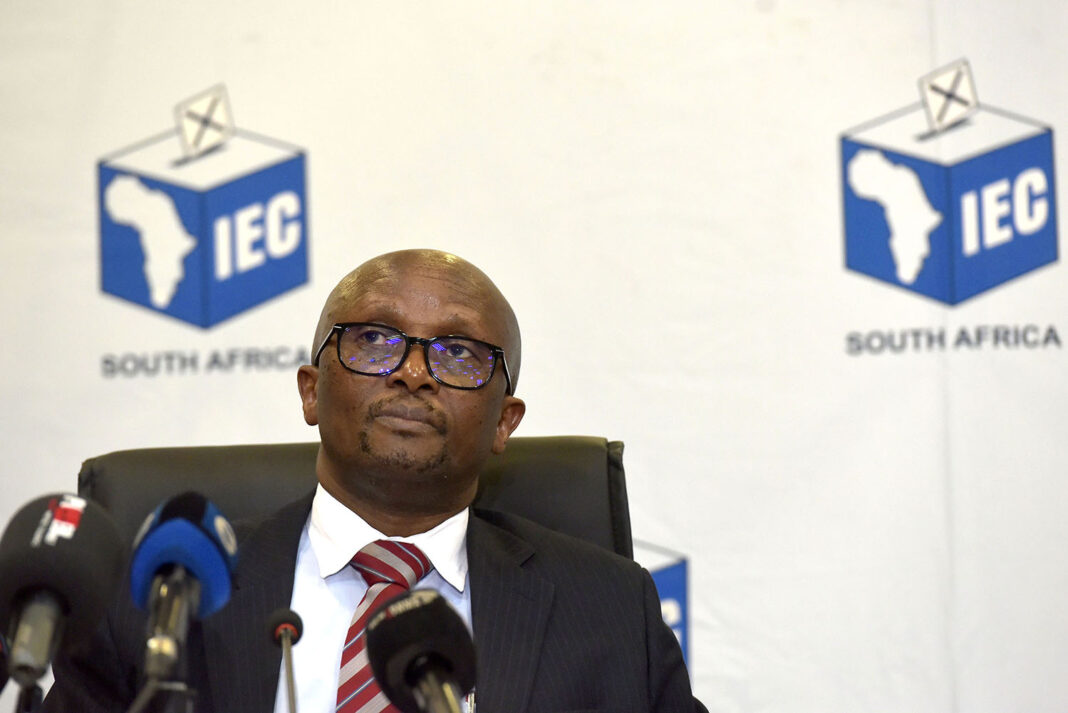Johnathan Paoli
AN electoral expert has warned of disastrous consequences for its credibility and integrity if the Independent Electoral Commission goes ahead with intentions to appeal the decision by the Electoral Court to include former President Jacob Zuma on the ballot list
Executive Chair of the Institute of Election Management Services Terry Tselane said on Thursday that it would be ill-advised for the commission to proceed, considering all the dynamics involved in this unique case.
Tselane said their appeal would indicate that they had taken a position regarding the matter – especially considering that even the objector themselves did not appear in the Electoral Court – leaving their neutrality questionable.
“It is not their matter, it is not their issue, they are not the ones objecting, and therefore, for them to pursue this issue, they will be seen to have taken a position in relation to this matter,” Tselane said.
He said that the IEC has dealt with similar issues, referring to a dispute over by-elections in the Tlokwe municipality in 2013, but distinguished this case in relation to the role played by the commission itself in the Zuma matter.
The commission, in conjunction with judiciary watchdog organisation Freedom Under Law (FUL) called on the Electoral Court to urgently release reasons for its judgement on Wednesday.
This follows the Electoral court on Tuesday ruling that Zuma will be allowed to contest the 2024 national and provincial elections under the Umkhonto weSizwe (MK) Party.
It dismissed the IEC’s objection against Zuma as the number one candidate of the party.
The NGO said that while it understood the need for a speedy ruling considering the circumstances, the reasons remained important in light of the precedent and case law it provided for future candidates.
“The need for an urgent decision on this matter is understandable, considering that elections are imminent. However, the reasons for the decision are of importance, both for the eligibility of the candidate in question and as a general precedent. The rule of law requires that courts give fully motivated reasons for their decisions,” it said.
The NGO said it was critical for the credibility of the decision, as well as the support and faith that the citizens have in the electoral process.
While the commission said it was consulting with its legal team to map a way forward regarding the court’s ruling, its intention to bring an appeal in the Constitutional Court has not been confirmed at the time of publication.
INSIDE POLITICS

